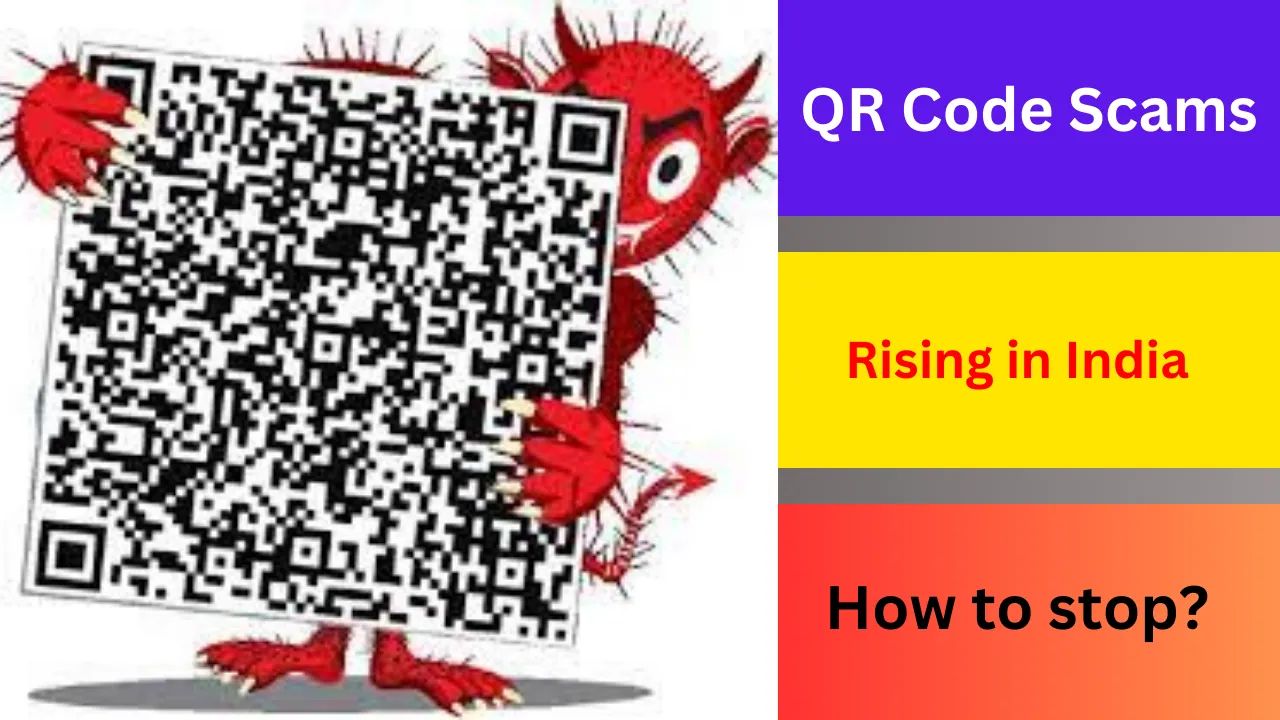Recently, a distressing incident unfolded where a 30-year-old professor from the Indian Institute of Science, Bengaluru, encountered a QR code scam while attempting to sell his washing machine on an online platform. The trap was set ingeniously: a potential buyer swiftly accepted the offered price, omitting any negotiations. During the transaction, the buyer coaxed the professor into scanning a QR code, assuring a seamless transfer of funds. Alas, the moment the code was scanned, a staggering sum of Rs 63,000 vanished from the professor’s account.
Similarly disheartening is the tale of a 30-year-old homemaker in the same city, who faced a loss of Rs 20,000 while selling her veena on the very same online marketplace. A caller, masquerading as a genuine buyer, managed to extract the homemaker’s bank details and furnished a link to her mobile phone. A mere click on the link resulted in a swift depletion of her bank balance.
These are just a couple of instances among the numerous cases reported within the last few months concerning QR code scams. The surge of digital transactions and the proliferation of UPI have undoubtedly streamlined online payments. However, this convenience has a darker side, empowering fraudsters to target unsuspecting victims. Among the latest methods employed by these criminals are QR code scams, a tool for stealthy monetary theft.
What happens in a QR code scam?
In the QR code scam, fraudsters ingeniously dispatch QR codes that imitate legitimate payment methods. Victims are artfully persuaded that they’re on the receiving end of a transaction through the QR code. Duped individuals are instructed to scan the QR code, specify the desired amount they wish to receive, and subsequently input an OTP (One-Time Password).
It’s crucial to understand that QR codes primarily serve for sending money, not receiving it. Consequently, when victims scan these codes, believing they’re on the receiving side of a transaction and then input an OTP, the opposite transpires: funds are drained from their account, not the sender’s.
The relentless barrage of phone calls, a common tactic employed by scammers, frequently befuddles victims and impedes their capacity to evaluate the situation critically. Consequently, they disregard warning signals and overlook telltale signs, rendering themselves susceptible to falling prey to fraud.
An incident involving a member of the India Today Tech team sheds light on the mechanics of these scams. In this particular case, a prospective buyer agreed to the listed price for an item on OLX. Curiously, the buyer hastily demanded the UPI ID and bank account details for initiating payment, conspicuously avoiding any inspection or price negotiation. Further suspicion arose when a QR code arrived via WhatsApp, displaying the payment sum and coercing our team member to scan it for expedited payment. Intensified by a barrage of calls and messages, the buyer attempted to rush the resolution. Fortunately, our vigilant team member identified the ruse and evaded falling victim.
How to stop QR code scam?
- Guard Your Details: Refrain from sharing your UPI ID or bank account information with unfamiliar individuals.
- Opt for Cash Transactions: If feasible, opt for cash transactions when dealing on platforms like OLX.
- Scan with Caution: Never scan a QR code if you’re expecting to receive funds. QR codes are designed for sending, not receiving money.
- Verify QR Code Details: Even when sending money, meticulously cross-check the QR code scanner’s details. Verify recipient information before proceeding.
- Beware of Alterations: Avoid scanning QR codes if they seem to be stickers covering other codes, which could signify tampering.
- Keep OTP Confidential: Safeguard your OTP, as divulging it could grant access to your accounts.
- Authenticate Online Sellers: Thoroughly validate the identity of online sellers or buyers before financial involvement.
- Mind Your Mobile Number: Share your mobile number sparingly to evade potential spam or phishing attacks.
By arming yourself with these precautions, you can navigate the digital landscape with greater confidence and security.
